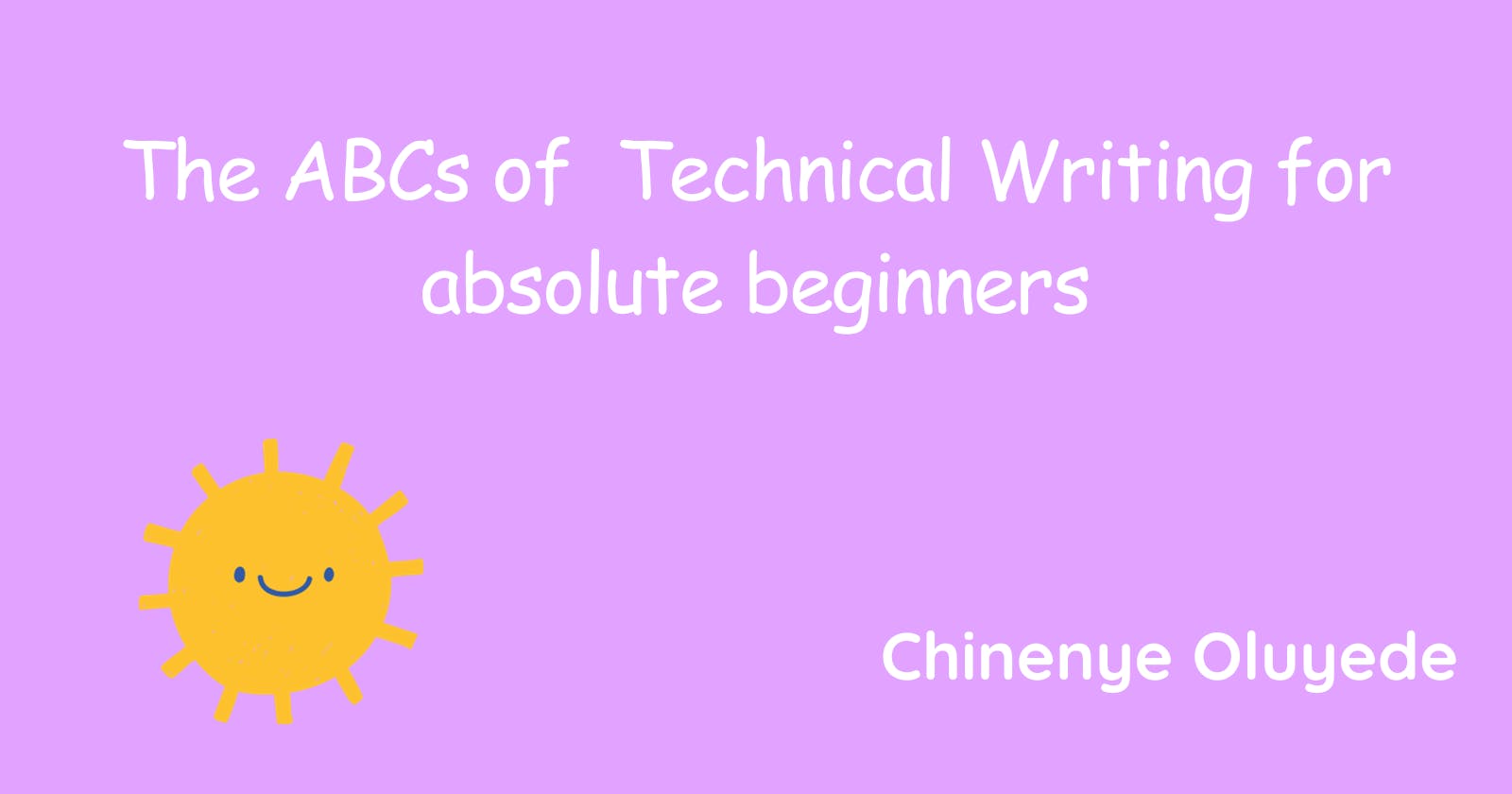What is technical writing?
Technical writing is a form of communication that explains technical topics concisely. It involves organizing technical facts and explaining complex problems in a way that is easy to understand by the audience, including non-experts, in various industries.
Essential skills for technical writing
Writing Skills: A technical writer must possess good writing skills. They must be able to present ideas and information clearly and concisely. After research (which we will come back to), the writer must be able to present the information in a simple and understandable format. The writer must also possess impeccable grammar knowledge and a good command of the language because the writing must not have any grammatical or technical errors.
Knowledge of the audience: A technical writer must have a strong knowledge of their audience. An audience analysis might be required for this. You have to know who your audience is and what are their needs. What are their preferences? What is their skill level? What is the best way to reach them, etc. A thorough knowledge of your audience is essential to tailoring your message to the right audience and passing your message across effectively.
Research: Researching is a vital skill for a writer because it helps to equip you with a thorough knowledge of the subject matter. It's okay to google and read other articles In the course of writing yours because you need as much reliable information as you can get to write a piece that communicates the knowledge as efficiently as possible.
Technical skills: A technical writer must know about the technical topic they are writing about. Since they are trying to simplify a complex concept for others, they must also thoroughly understand the concept themselves. They must also be ready for continuous learning and flexible enough to adapt to the changes in the tech industry.
Communication Skills
Active listening skills
How to get started in technical writing
Getting started is the main issue for most because most people don't know where to start. So let's look at 3 key steps for you to get started
Take a short introductory course: Take a short course or read an article to read an article to understand the basics, then join a BootCamp or take a more comprehensive course to go in-depth. I'll share some course recommendations at the end of the article that can help you get started.
Start writing: Even if you're still in your learning phase, start writing. Write about something new you learned, a problem you solved, or document something you built. Much like other fields, technical writing is a field where you learn and improve as you do. So start writing and stay consistent, and you'll get better as you continue. Some common tools for technical writers are Hashnode, Dev.to, and Medium. These tools make the writing process seamless with built-in editing and shortcuts that make it easier, so head over to any of those, create an account, and start writing.
Get external help: Take advantage of as much external help as you can get, be it in the form of mentorship from experts, events and meetups, workshops, communities, hackathons, and other opportunities to learn more. Ask questions, ask for advice, ask for feedback and reviews, and apply any feedback you get to improve and get better.
Extra tip: Read a lot. Reading will help you enhance your vocabulary and get an idea of different writing styles and which one will be best for different audiences. So read a variety of books and articles, they will help a lot.
"The greatest part of a writer’s time is spent in reading, in order to write; a man will turn over half a library to make one book." - Samuel Johnson
Summary
In summary, technical writing is a highly sought-after skill, and the demand for it keeps growing day by day. If you are a software developer/engineer, it's also a great addition to your skill set.
But, it takes years of practice to become an expert, and work is required. So put in the work, learn every day, be consistent, and you'll reap results.
That's all guys, I hope this article is helpful and I wish you success on your journey to becoming a world-class writer!
